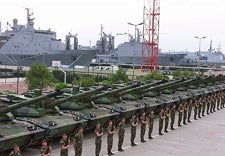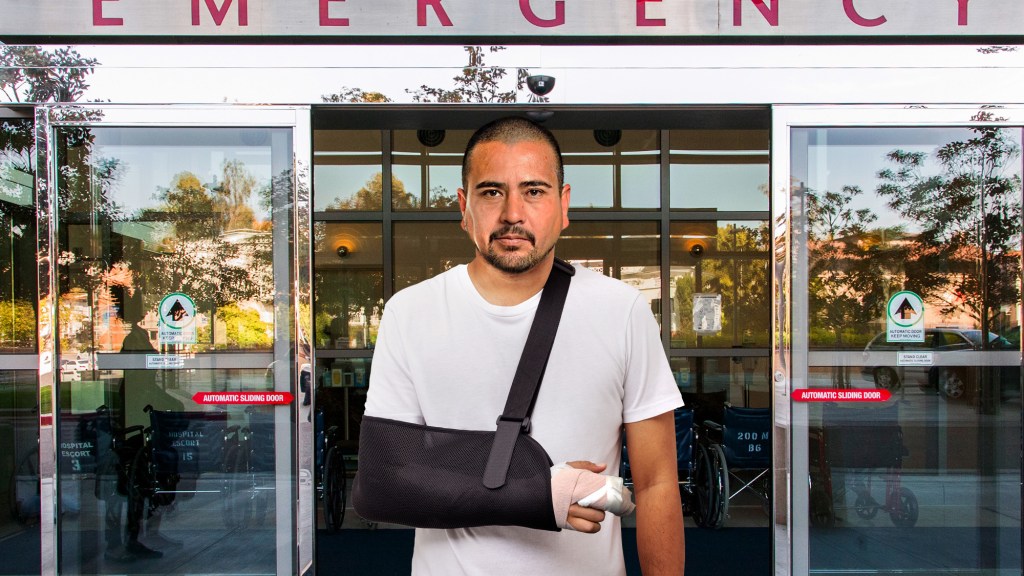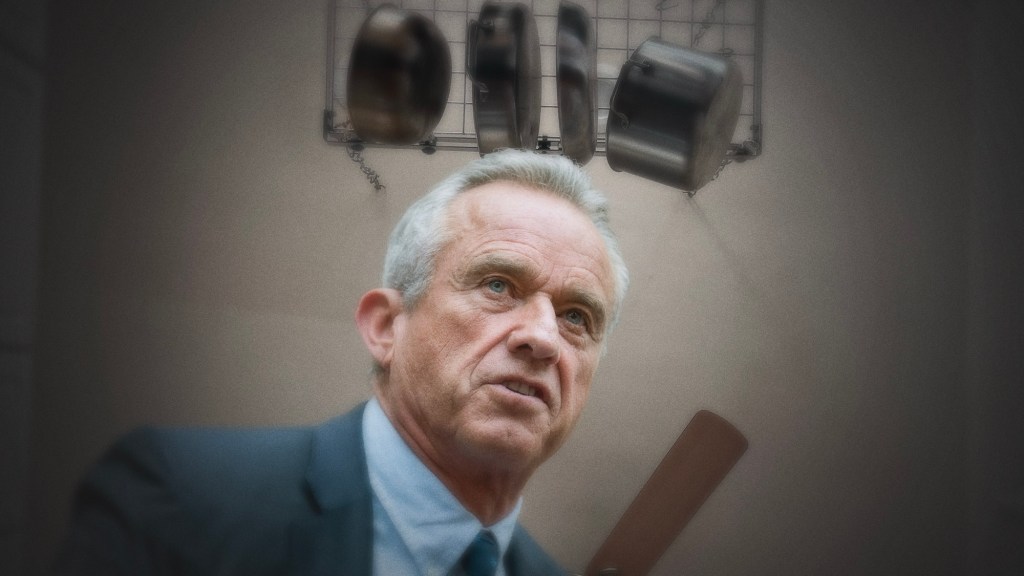MOSCOW–Concerned about its rising crime rate, mounting debt, and out-of-control alcoholism, Russia’s closest allies are preparing to step in and stage a military intervention on the troubled nation’s behalf.

“Russia is a very, very important country to all of us, and we can’t just sit by and watch it destroy itself like this,” German chancellor Gerhard Schröder said. “It’s time we stepped in.”
“We’ve talked and talked to them for years now, desperately trying to get them to change their self-destructive ways, but nothing we’ve said has gotten through,” British prime minister Tony Blair said. “At this point, I don’t think we have any choice but to brew up a pot of coffee, bring in some armored divisions, and force Russia to deal with its problems.”
The intervention, which will be led by Germany and include the U.S., France, England, Poland, Hungary, and the Czech Republic, will most likely occur next week, before the harsh Russian winter makes acts of caring difficult for armored vehicles and infantrymen. The intervention’s primary objective will be to communicate to Russia, through kind but firm military means, how much it means to the European community, how its problems have been affecting its neighbors, and what its allies want their relationship to be like in the future.
“I really don’t think Russia understands how much it hurts my country when it does some of the things it does,” Polish president Aleksander Kwasniewski said. “It withholds not only affection and attention, but vast oil and mineral reserves. There was a time when Russia was there for us with foreign aid. We could turn to them for emotional and military support. No more.”
“I’m not surprised, though,” Kwasniewski continued. “I mean, these last few years, Russia’s been letting itself go to hell internally–roads, bridges, the power grid, you name it. How can you take care of others when you can’t even take care of yourself?”
Much of the frustration felt by Russia’s allies stems from the nation’s inability to be self-reliant despite its age, its incredible potential, and the tremendous amount of help it has received over the years.
“I’ve given Russia something like $8.5 billion in foreign aid and international-relief loans since 1995,” President Clinton said. “And what do they do when they get all that money? They devalue the ruble, close up the banks, and then turn around and ask Germany for a few billion more. Where does it all go?”

“Let’s just say I have my suspicions,” added Clinton, making a drinking motion with his hand.
“Funny how Russia always manages to scrounge up a few bucks when they want to roll into Chechnya and raise a little hell,” French president Jacques Chirac said. “Well, I’m not helping them pay for that stuff anymore. And if I have to get together with the boys and go over there myself to put a stop to it, I will.”
Organizers of the military intervention say they expect Russia to put up resistance when massed troops appear on its doorstep. They are confident, however, that Russia will eventually come to realize that the intervention is for its own good.
“I can already hear what Russia’s going to say,” Schröder said. “It’s going to be like, ’Hey, I’m making strides. I’m doing better. I took down that wall, I did the whole glasnost and perestroika thing, I even have my own space station. What do you want from me?’ It isn’t going to be easy.”
“We’ll just have to use tough love,” Schröder added, “and a lot of the T-72 tanks Russia left lying around when it moved out of our place.”
Russia’s friends are aware that history is not on their side. In recent centuries, numerous interventions have failed to work on the proud, stubborn nation. But despite the poor track record, its friends are confident.
“Yes, many people have gone in there without success,” Blair said. “You have to realize, though, that people like Napoleon and Hitler probably didn’t have Russia’s best interests at heart when they went barging in. If we show Russia that we’re doing this because we care, and we can avoid getting bogged down in a winter land campaign, I think we’ve got a really good shot at winning the country over.”
“In this kind of intervention, you never know what’s going to happen,” Clinton said. “Believe it or not, sometimes when the subject recognizes that you are doing it out of genuine concern and have all of NATO on your side, they agree to change their ways instantly.”
“But if that doesn’t happen–and we certainly have reason to believe that a big, independent, historically cold country like Russia will try to fight us–we’re more than ready for it,” Clinton continued. “Russia is dangerous to itself and others right now. If a full-scale military occupation is what it takes to save Russia from itself, that’s what we’re going to do.”







